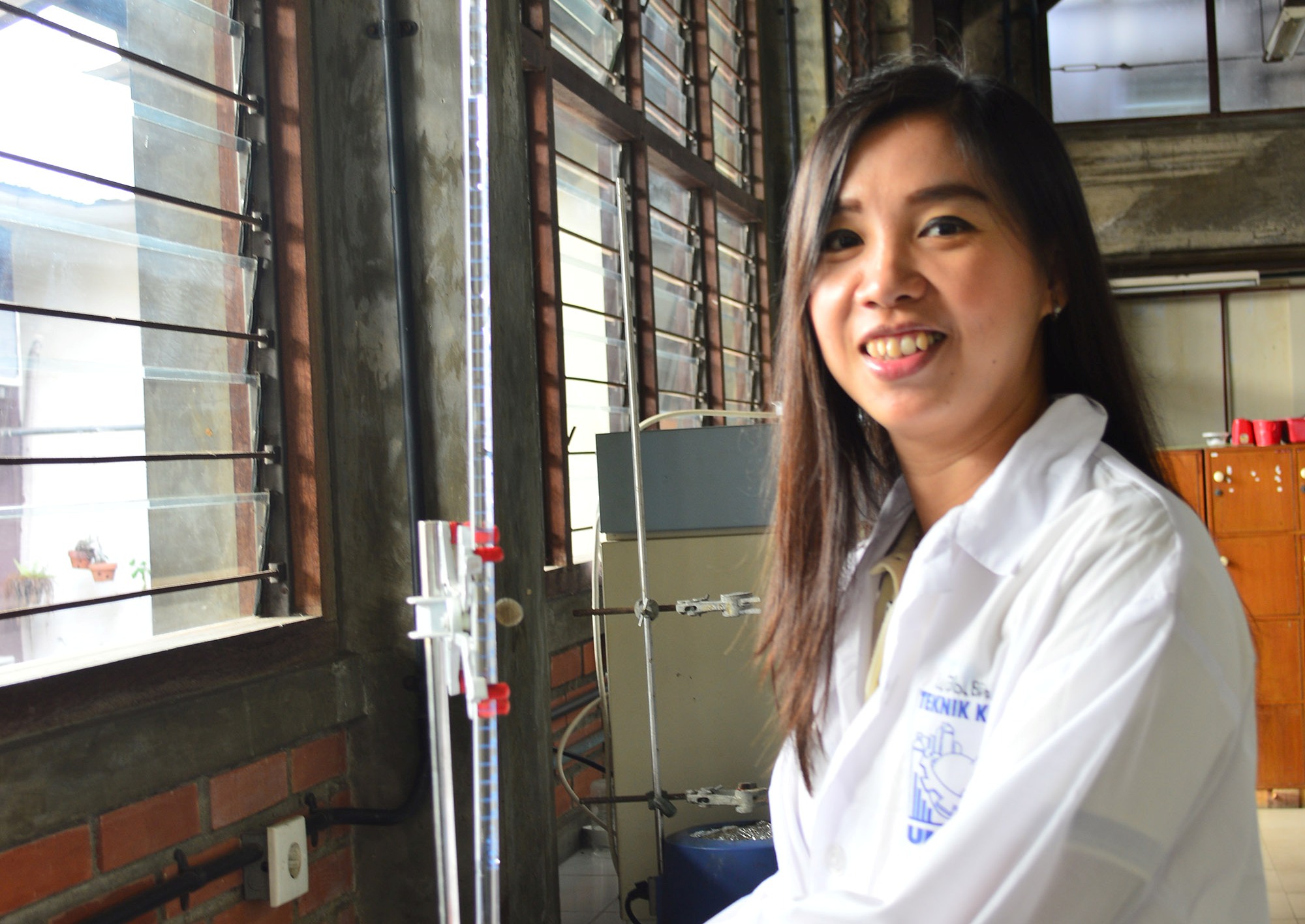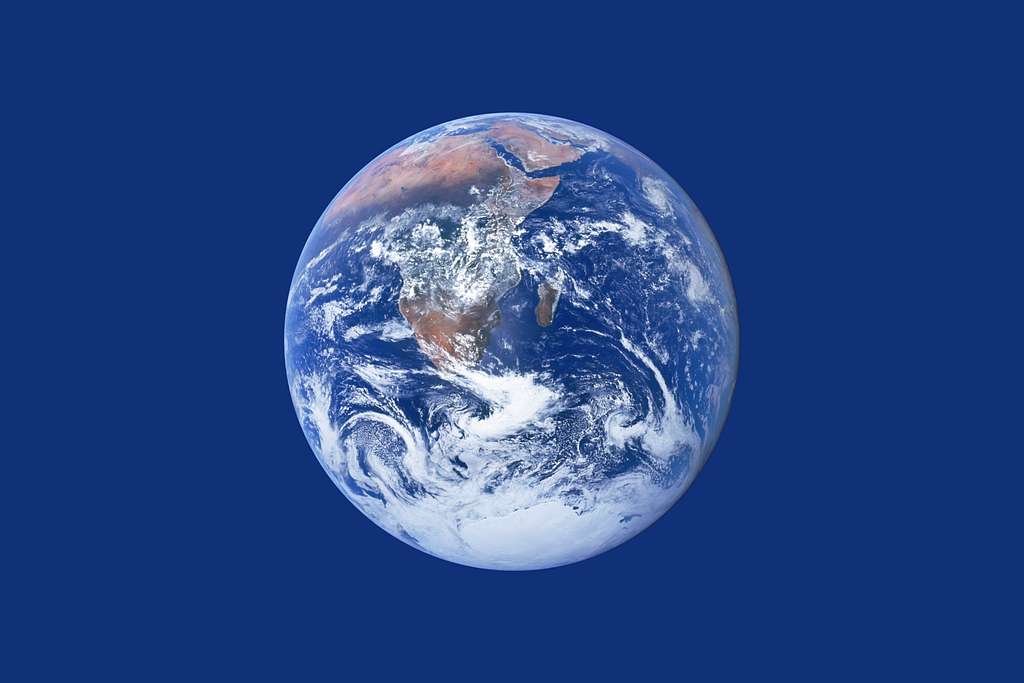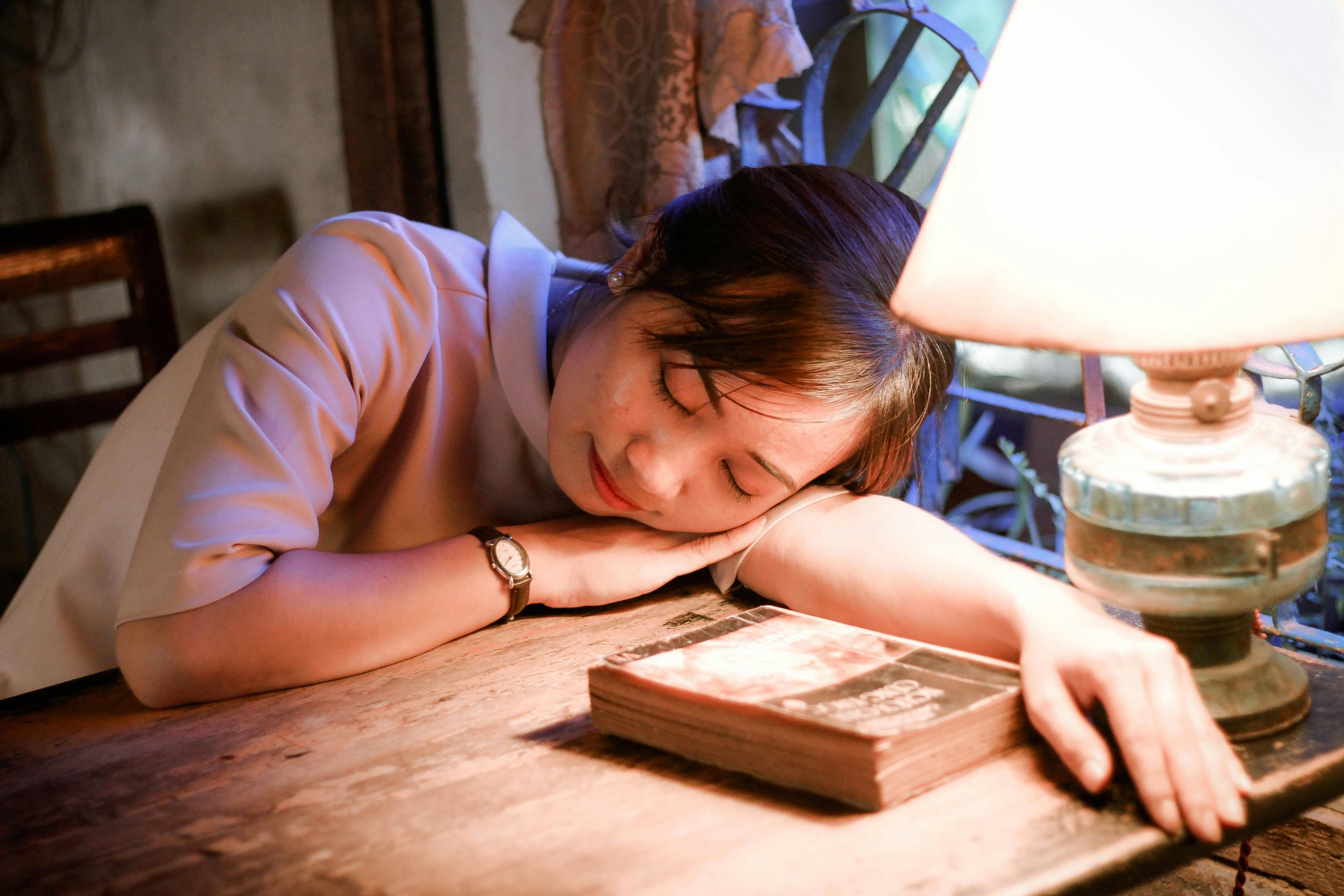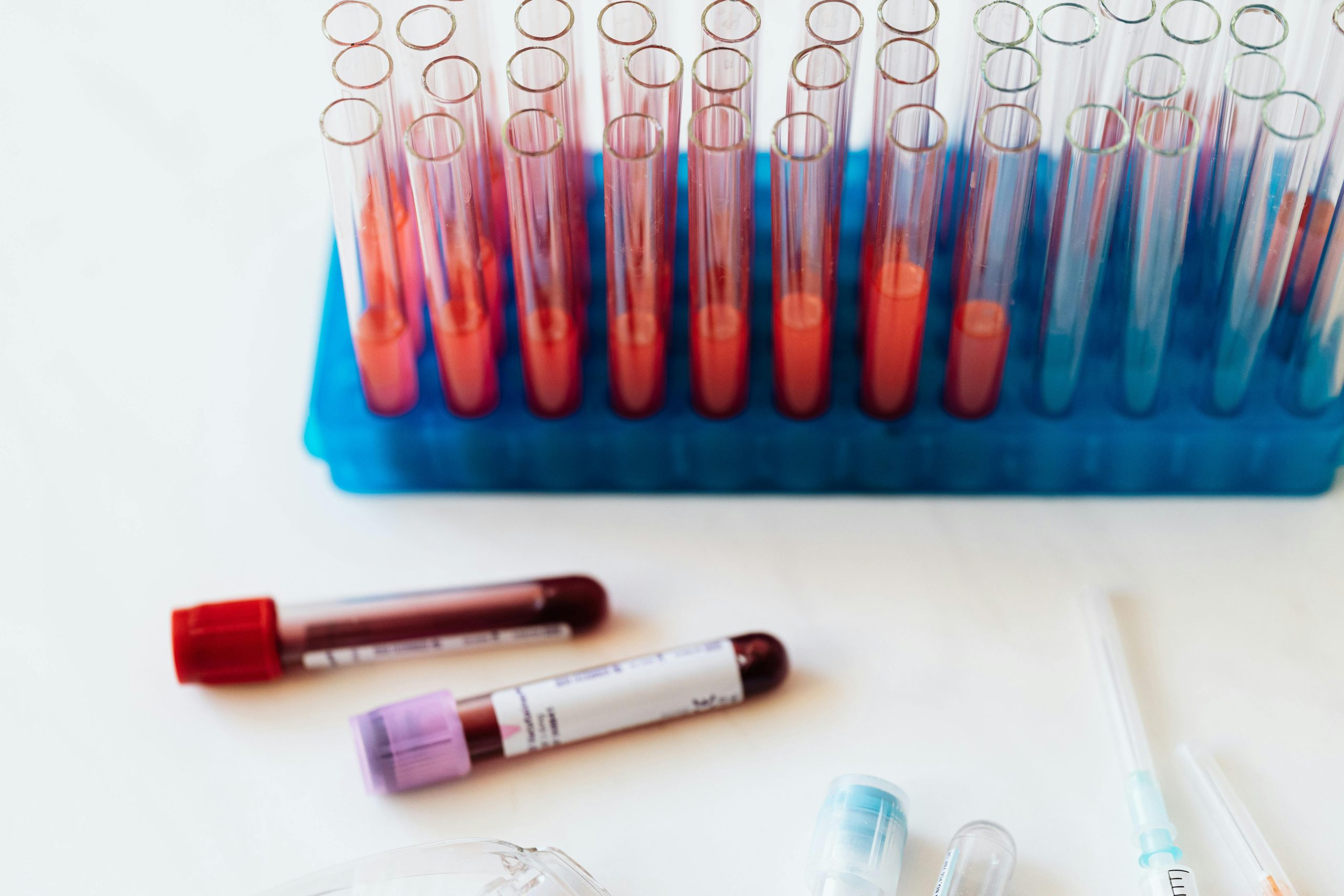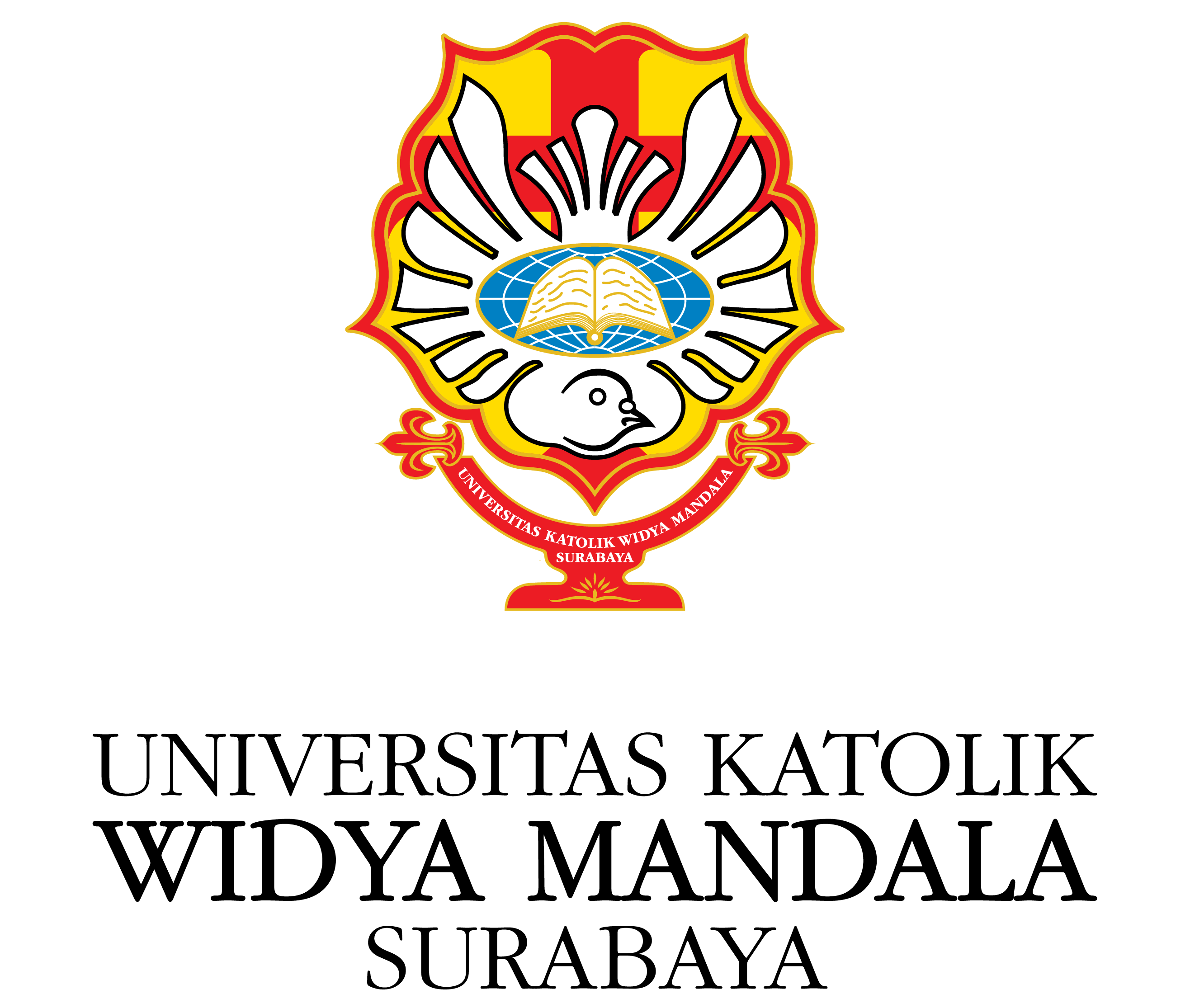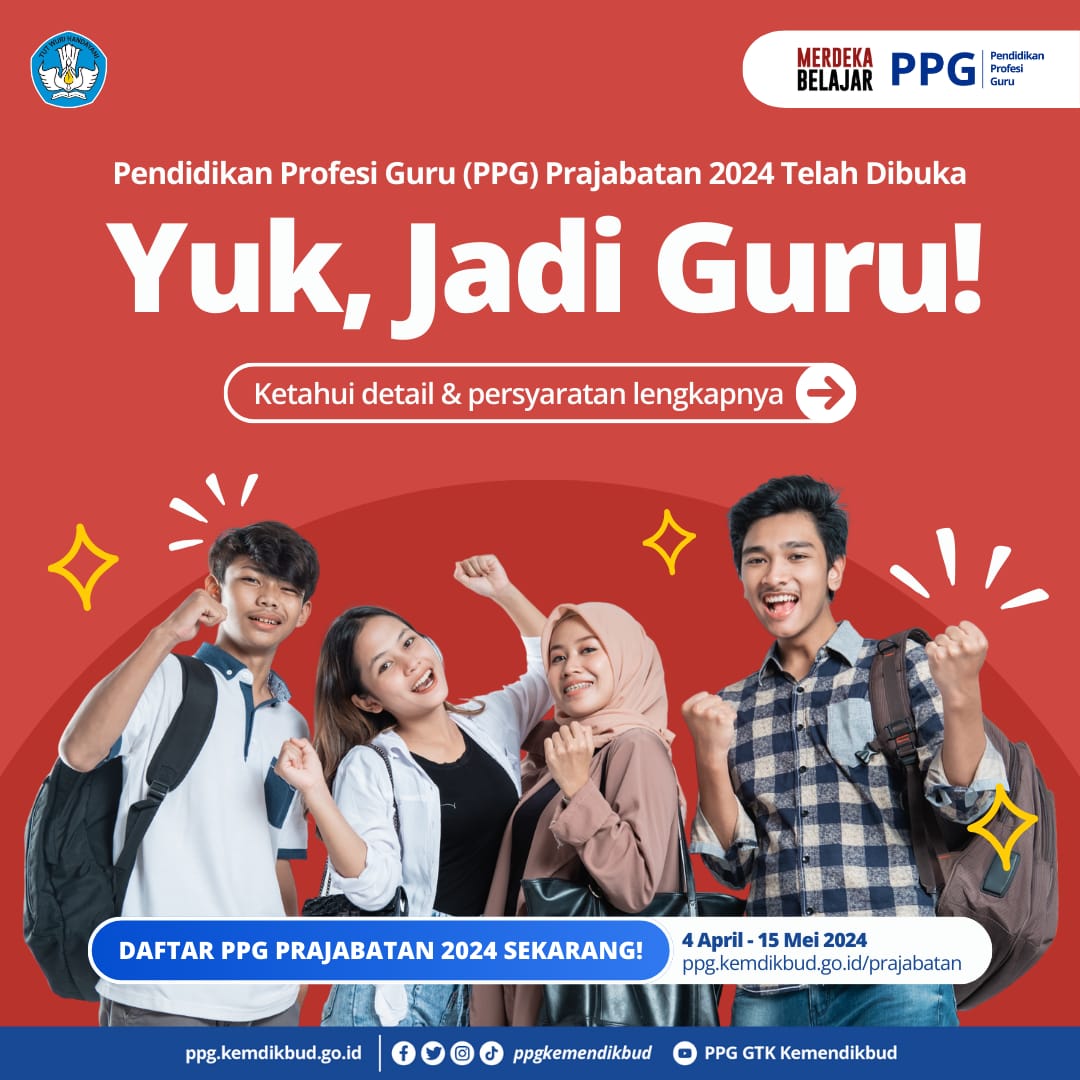[vc_row][vc_column][vc_column_text]Biography
I am the mother of a son named Ariel Fredderick Humphrey. In 2012, I was chosen as one of the finalists for the Outstanding Young Australian Alumni Award (for 2010). I won Outstanding Lecturer in the East Java region several times, and in 2016 I was elected as the first winner of the Outstanding Lecturer in Kopertis VII (East Java). In early 2016 I was elected as new member of the Global Young Academy. In August 2016 I was elected as new member of the Indonesian Young Academy of Science (Akademi Ilmuwan Muda Indonesia). Recently, I was awarded the 2017 Elsevier Foundation Award for Early-Career Women Scientists in the Developing World and in 2018 I was elected as one of the Asian Scientist 100 list.
[/vc_column_text][/vc_column][/vc_row][vc_row][vc_column width=”1/2″][vc_column_text]
When did you know you wanted to pursue a career in science?
I worked as a private tutor while I was studying for my undergraduate degree and I was very happy when my students got good scores or if they chose science as their major in high school and undergraduate level. Because I dreamed to one day pursue my further degree overseas I decided to be a lecturer, but at that time, I did not know about research. By the grace of God, I received an Australian Development Scholarship and started my journey at the University of Queensland in Australia. My perspective has been changed ever since about research and science.
Who or what inspired your passion and curiosity in science?
Since I was a kid, I was amazed by scientists like Marie Curie, Albert Einstein, etc., however I never imagined being a scientist. As a kid, there was a river behind my home. Once there were fish floating in the river. At the time I thought it was a blessing as people could catch fish easier. As a grown up, I realised that the fish were floating due a factory discharging its wastewater. I could not imagine the effect on the people who took the fish without knowing this. I noticed rivers in my city are similar. As water quality is getting worse, I feel the burden to do something. Even though what I do is only a small part, I believe if more scientists get together to solve local problems one by one, one day we will have a better environment.
Who were the influencing role models in your career and how did they inspire and motivate your passion to pursue a career in science?
I had a supervisor when I did my undergraduate research. He told me that you must be creative when you are in Indonesia since we do not have sophisticated equipment like universities in Australia or Taiwan, but because Indonesia is rich in biodiversity you still can do more in science. He has received a number of prestigious awards in Indonesia. He became my inspiration as he showed me that if he could do it, I also can do it.
What do you think is your greatest scientific achievement to date?
In research, my greatest achievement is developing a method to treat reactive compounds in wastewater in a short time. This method was formulated together with my research group. In my career as a lecturer, I have been working on coaching students for innovation through a technoprenuership course. Currently, progress with a collaboration with the Faculty of Entrepreneurship at Widya Mandala Catholic University for commercialisation is going well, and I am looking forward to their innovation being commercialised.
[/vc_column_text][/vc_column][vc_column width=”1/2″][vc_column_text]
What motivates you to work as a scientist in Asia?
I think the biggest motivation is my family. My husband is a businessman and it is not easy for him to move to another country and build a business from nothing. The second motivation is that I was born in Asia and there are so many things in Asia—particularly in Indonesia—that still need improvement, and I can do something about it here in Indonesia. What are some of the challenges you have faced as a female scientist and how have you overcome these challenges? The biggest challenge for me as a female scientist is balancing my time and attention between family and career. Another challenge is the limited research funding and facilities since I work in a private university. So far, we manage this problem by collaborating with overseas researchers.
What are your future aspirations related to science? What further barriers do you foresee to reach those goals?
I want to advance my performance in research and apply the results to society. I believe the way to be a role model is to retain our junior colleagues and coach them to continue my research and take it even further. The barriers are funding, especially since applying for international research funding is limited for certain countries or ages.
What would you say to young women considering a career in science?
Even though there are many obstacles, I keep encouraging my junior colleagues to keep trying. The obstacles make us become creative and persistent.
What is your opinion on the state of gender equity in science? In your country, what do you think is needed to address this urgent issue? What is the role of learned academies or professional bodies at local, regional and international levels to support a future of gender equality? Are you involved in any events or organisations related to ‘Women in Science and Engineering’?
I think we do not really have this issue in Indonesia, especially in big cities. I feel I have had equal opportunities in science since I was in school until now. In some areas, there is a perspective that science and engineering are for men, however this perspective is fading away. I am a member of the Organization for Women in Science for the Developing World.
[/vc_column_text][vc_column_text]
The article above is taken directly from Profile of Woman Scientists in Asia. Readers can read the original article by clicking this link:
https://www.science.org.au/files/userfiles/support/documents/pwsa-booklet.pdf
[/vc_column_text][/vc_column][/vc_row][vc_row][vc_column][vc_gallery interval=”3″ images=”3891,3890″ img_size=”large”][/vc_column][/vc_row]

